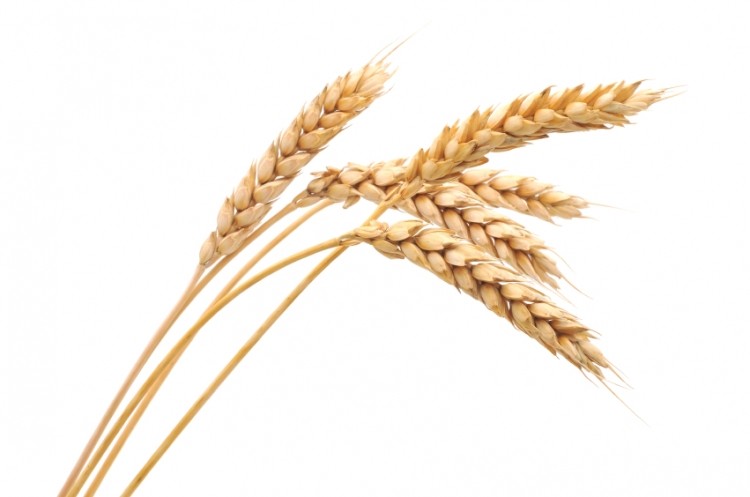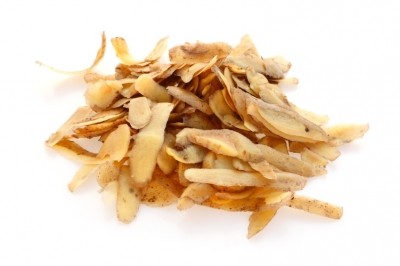IBIE 2013: EDUCATIONAL SESSIONS
ADM R&D head: Bakers should start from scratch when formulating with whole grains

Use of whole grains in the bakery sector has boomed as consumer demand for healthier baked goods rises. However, incorporating whole cereal grains like wheat, barley, corn, buckwheat and amaranth requires formula and processing adjustments, said Brook Carson, director of research and development (R&D) at ADM.
Color, texture and overall appearance can be impacted, and whole grains can affect processing like mixing tolerance, dough handling and shelf life, Carson told attendees during an educational session at IBIE 2013 in Las Vegas.
“Choosing the grain is really one of the most important choices that will affect all end-product attributes,” she said.
“Sometimes when formulating with whole grains, it really is better to go back and start from scratch with a formulation,” she told BakeryandSnacks.com, after the educational session.
Never underestimate the role of wheat…
In the educational session alongside Susan Kay, manager of product applications at Bay State Milling, Carson highlighted the importance of wheat in any formulation, but particularly when using whole grains.
“Wheat functionality is unique. It also has a dominance in the formula,” she explained.
Understanding the properties of wheat can aid with ingredient choice, she added.
For example, soft wheat flour is typically low in protein with a weaker gluten structure, so bakers should consider adding wheat protein isolates to improve the dough process and rheology, while at the same time boosting nutrition.
Bay State Milling’s Kay also said that additional ingredients would need to be considered when formulating with hard wheat flours.
“When you have all this dead weight added (the whole grains), you need to carry it in the dough,” she said.
“You may want to consider a higher protein flour, but also a good quality one. Vital wheat gluten is another option,” she added.
Watch out - whole grains like to drink!
Both grain experts said that whole grains always need more water. “When adding water to the dough, these whole grains are going to soak it up,” Kay said.
The product applications manager said it is crucial to hydrate the formulation. For example, if 10% wholewheat flour is used, water should be increased by 1%.
A soaker could also be used to pre-hydrate the grains, she added.
Processing adaptions: Take a leaf out of artisan
Beyond formulation changes, processing must be adapted too, the two experts stressed.
Kay said mixing times and speed should be reduced, as whole grains have a slower hydration rate and less mixing tolerance. Cooler dough temperatures would also benefit the baking process, she said, ensuring a stiffer and less sticky dough.
The scaling weight should also be upped, she added, and longer proofing times put in place due to limited oven spring. “The size of the loaf going into the oven will be the size coming out,” Kay said.
She said that a lot could be learned from the artisan trade when looking at longer fermentation times. “Fermentation does improve dough strength; if you process quickly, you need additional strength through other ingredients for whole grains,” Kay said.
“Fermentation does have benefits. We are seeing a lot of artisan bakers doing this; commercial bakers are missing out on that… But as we’re feeding the masses and we don’t have the luxury to ferment for 24 hours, additional ingredients will be needed,” she said.

















